Hello and welcome to another edition of Substack Reads! This week, new-to-Substack Clover Stroud shares her longest essay yet, on homesickness; a film based on Greg Lukianoff and Jonathan Haidt’s The Coddling of the American Mind has its world premiere on Substack; Anna Wharton offers an exclusive interview with Marina Litvinenko; Cintra Wilson considers why artists are going extinct; and Jason Chatfield reminisces about a very special cartoonists’ party. We hope you enjoy it!
HUMOR
Why artists are going extinct
In which the artist and writer Cintra Wilson learns to never, under any circumstances, agree to paint someone’s baby
—
inHe retorted that his child didn’t have dark circles under her eyes, and I knew that I was fighting a losing battle, because he was fucking high.
“In every single photo, she does,” I retorted, because it was true, but I realized that moment that I had stepped into quicksand. It wasn’t like I hauled off and told the guy his toddler looked like an alcoholic potato, but you’d think I had, given his next email, which was an absolute fit of pique.
We left it in limbo for a day, in which I thought and thought and thought about how to save the painting, and decided to opt for a Hail Mary—I painted a set of day-glo goggles on the kid, which I felt would satisfy me deeply, cover up the offending under-eye problem, and make it a set with the Voltaire painting.
The guy went fucking berzerk.
SPORTS
What really happened on Ten Cent Beer Night
When Paul Jackson wrote about one of the worst ballpark riots in baseball history, the reaction was astounding. Now he’s revisiting the fated 1970 events, and seeking readers to participate
—
inWhen I first learned of TCBN, I was smitten. This was no gambol in one of America’s green cathedrals, it was a gladiatorial battle in a stadium that was itself a monument to a whole region’s lost economic hopes and industrial dreams. And not to be hyperbolic in using combat metaphors, but my position is, whenever someone leads an armed charge of one group of people against another, you can call it a battle. This was a part of baseball’s tapestry I hadn’t known existed, a cultural canvas stuffed deep inside the sport’s closet, to be forgotten. Instead, I tried to remember it.
“Remembering Ten Cent Beer Night” was the first thing I ever got published, and it prompted what (to younger me) felt like a great deal of reader response, left in the comments section on the piece or sent directly to me via email. I also became a cited source on Wikipedia, which was on my bucket list (not near the top, but definitely on there).
DOCUMENTARY
An anxious generation searches for happiness
A new feature film asking why the mental health of young people has been on the decline is released exclusively on Substack
—
inBeginning in 2012, a mental health mystery appeared out of nowhere.
Anxiety, depression, and suicide shot up among young people, and nobody knew why. Then one man’s brush with suicide revealed some unexpected clues, and five 20-somethings from around the world began to piece together a solution they hoped would pull themselves out of the darkness.
The Coddling of the American Mind is the new feature documentary by Ted Balaker and Courtney Moorehead Balaker that’s based on the New York Times best-selling book by Greg Lukianoff and Jonathan Haidt.
MEMOIR
On the way home feels
After moving her family from the U.K. to Washington, D.C., memoirist Clover Stroud returns to England to visit her two eldest children, and considers what home has become over time
—
inHomesickness is one of the earliest feelings I can clearly remember as a child. I grew up in a beautiful, shabby house, surrounded by muddy fields and thick black hedges in a remote village in Wiltshire; I still miss the feeling of the long wet grass my sister Nell and I walked through barefoot in the early morning, and the smell of the old apple trees in that furthest part of the garden. I miss the white tiles in the kitchen, and the bare patch of carpet at the top of the stairs where Nell and I sat in the sunlight and cupped our hands against the diamond-shaped windowpanes to catch flies there. But then place, home was really where my Mum was. Even a day at school made me feel bitterly homesick, desperate to leave the institutional smell of pencil sharpenings, nylon blazers in hot classrooms and tepid tap water in metal beakers, to get back on the bus and go home.
Home was where I always wanted to be, beside my Mum, my hand on the grain of the kitchen table, drinking lemon barley water and eating Digestive biscuits. Home didn’t need to be anything other than close to her. I never imagined a life without her in it, but in a single day when I was 16, the certainty of home ended.
INTERVIEW
The power and hope of speaking out
Following Yulia Navalnaya’s statement to the press about the murder of her husband, Alexei Navalny, journalist and ghostwriter Anna Wharton speaks in an exclusive interview with Marina Litvinenko, whose husband suffered the same fate
—
inOne woman who knows only too well what Yulia is going through right now is my friend Marina Litvinenko. Marina and I met last summer to work together on her forthcoming book, which is currently on submission. Marina’s husband, Alexander—or Sacha, as he was known to her—was poisoned in London in 2006. An ex-FSB agent who had started speaking out against the Kremlin, he became a dissident and the family were forced to flee from Russia, as Sacha—like Alexei—had been imprisoned on spurious charges over and over again, and his fear was that unless he left, he would be killed in prison.
Sadly, it turned out he was not safe in London either. You may remember this photo of him, in his last days, as he lay in a hospital bed and accused Putin of his murder.
WORK & BUSINESS
Pursuits that can’t scale
Anu Atluru looks at what’s really behind the “do things that don’t scale” advice for entrepreneurs, and what happens when they do the opposite successfully
—
inOne of my favorite stories in this distinctly weird startup world is of Audrey Gelman, the once high-profile founder/CEO of the Wing, who, after moving out of the spotlight, started a country store in Brooklyn.
One way to rationalize this is that after being in the driver’s seat of such a large-scale, fast-paced effort, it’s hard for people to do nothing at all or go back to working for someone else. So pursuing something that can’t scale is a happy medium—maintaining full autonomy and control without the stress of chasing scale (and all that comes with it in terms of customers, investors, attention, etc.).
I think another driver of this sentiment and behavior is that chasing scale strips you of some humanity. It puts your head too high up in the clouds. It removes you from what happens in the real world with real people. Pursuing something that can’t scale does the exact opposite: it grounds you. It’s a comforting and healing next act.
NATURE
Farewell to the flamingos
Gardener and writer Arthur Parkinson laments the end of an era for a rare type of flamingo in British zoos
—
inNaturally, being a flamingo fan since childhood, I’ve frequented a lot of zoos that keep them, some gloriously, such as Chester and Longleat, which have invested in great netted aviaries to frequent large flocks of flamingos and, in doing so, they do not need to subject their birds to being wing-clipped. This arguably sees captive flamingos flourish, as it not only allows them to fly a little but the male flamingos can then balance better on the backs of their females during mating! Dozens of fluffy grey flamingo chicks result from the fertile eggs that are laid at these collections, especially if the UK has a hot summer. In my early twenties, I would request meet-ups at London’s Kensington Roof Gardens with rich geezers so I could watch the flamingos that once lived there over cocktails.
CARTOON
Remembering The New Yorker’s 98th birthday party
On the eve of the magazine’s 99th birthday, Jason Chatfield recalls what made the last party so special
—Jason Chatfield in
There was a small selection of finger food near the window. I snapped up what I could before hitting the bar and bumping into a batch of cartoonists I hadn’t seen in years. In fact, this was the first time most of the attendees had been in the same room since the offices shut down in March of 2020—it felt like meeting at the other end of a war. Who survived, who moved to North Carolina, who grew a beard, etc. So much to catch up on. So much eavesdropping on writers talking about what they think of other writers not in attendance…
Recently launched
Coming soon
Congratulations to the following writers celebrating publication.
ran two exclusive excerpts on his Substack of his new memoir, Troubled, published this week by Simon & Schuster: shares his new cookbook with subscribers: announces his new book about product-led sales.New & Noteworthy
offers tips for Tuscan artichokes: Inspired by the writers featured in Substack Reads? Writing on your own Substack is just a few clicks away:
Substack Reads is a weekly roundup of writing, ideas, art, and audio from the world of Substack. Posts are recommended by staff and readers, and curated and edited from Substack’s U.K. outpost by Hannah Ray.
Got a Substack post to recommend? Tell us about it in the comments.

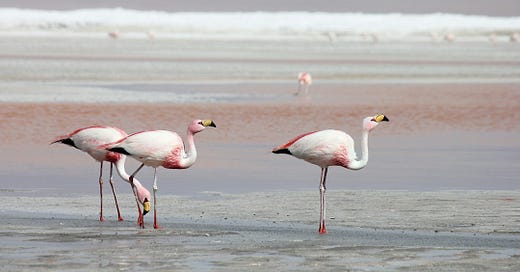












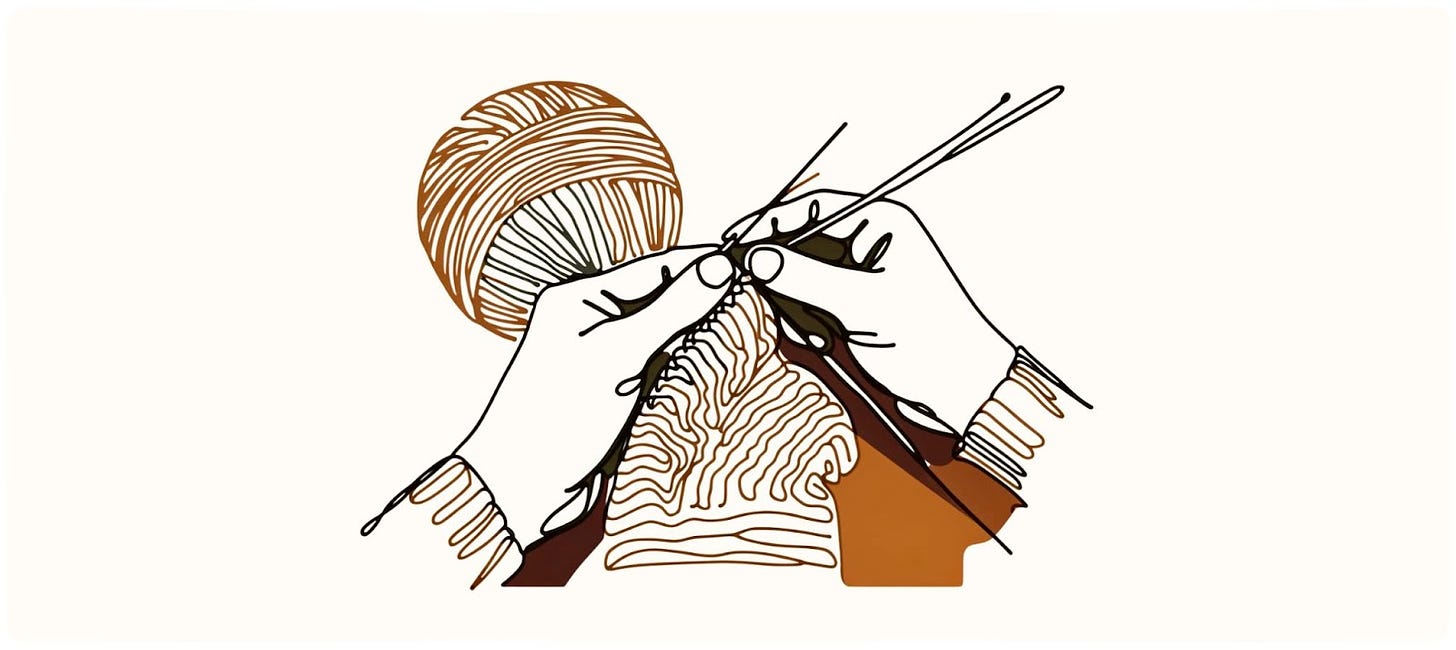





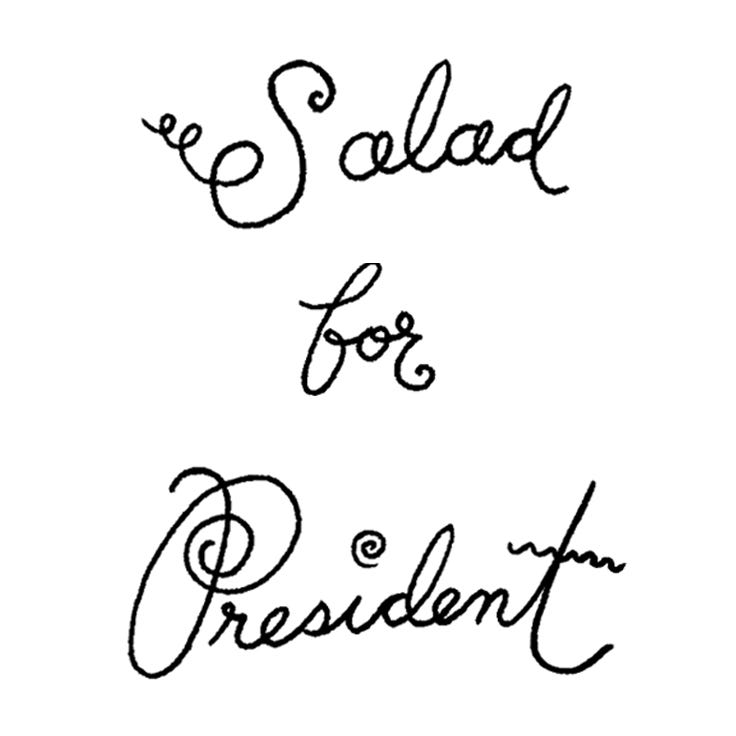
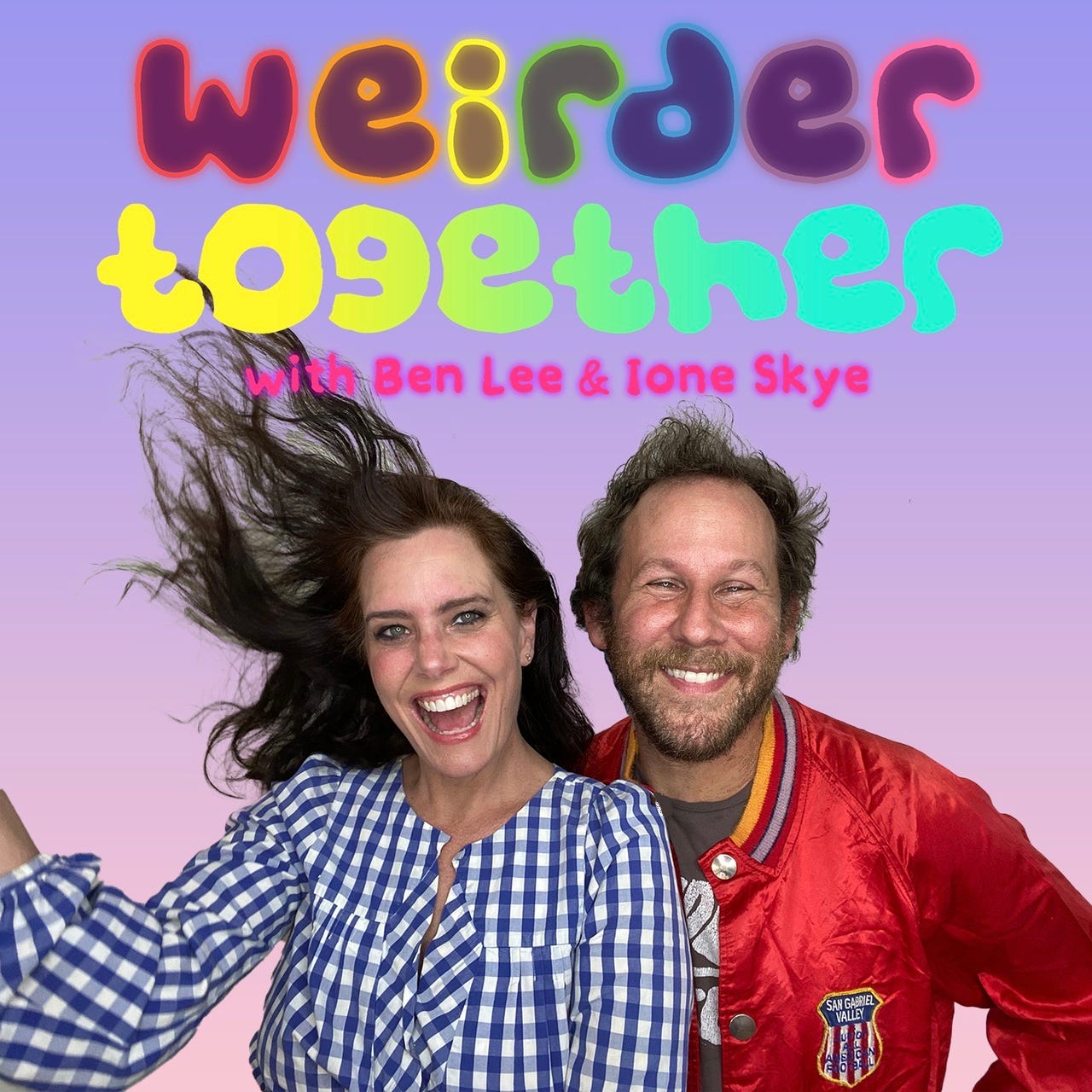
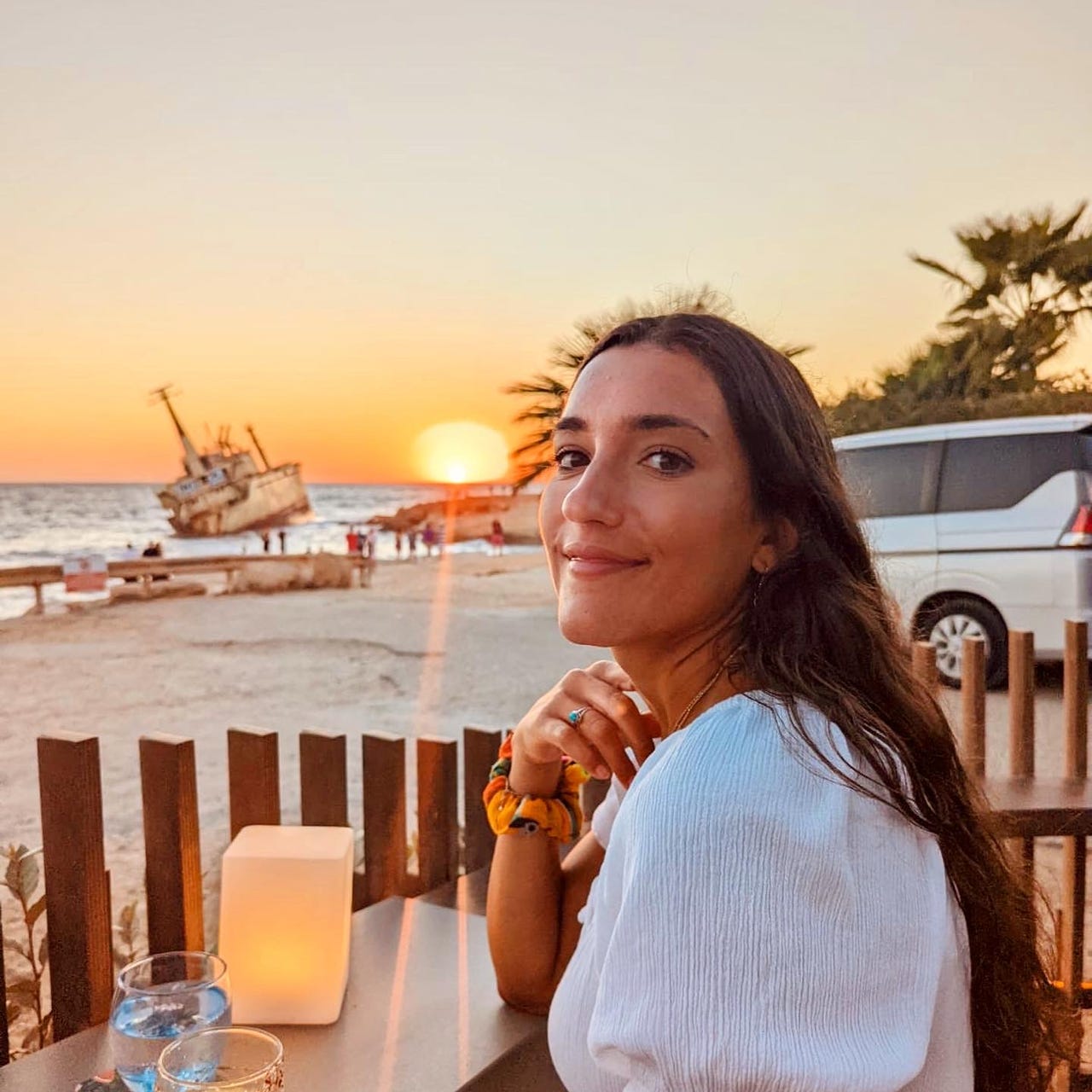
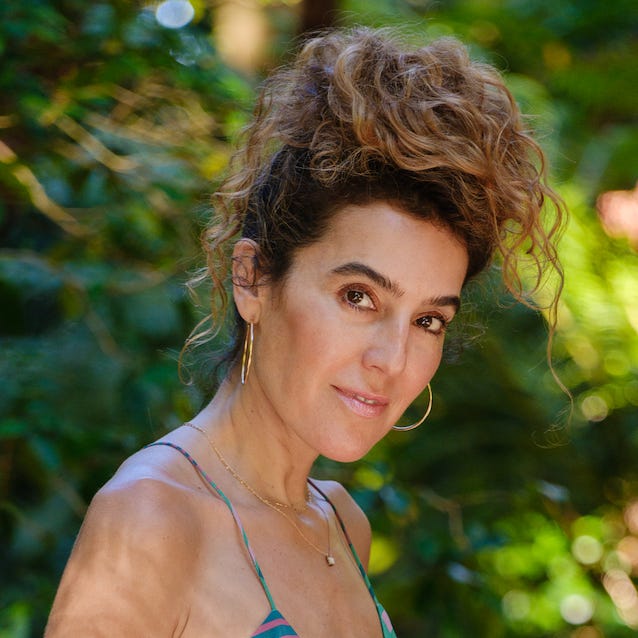
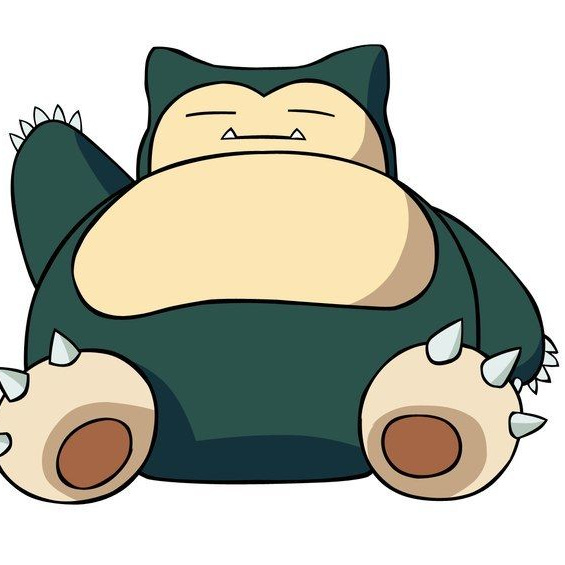




Thanks for the mention.
Thanks for the mention of my book announcement!